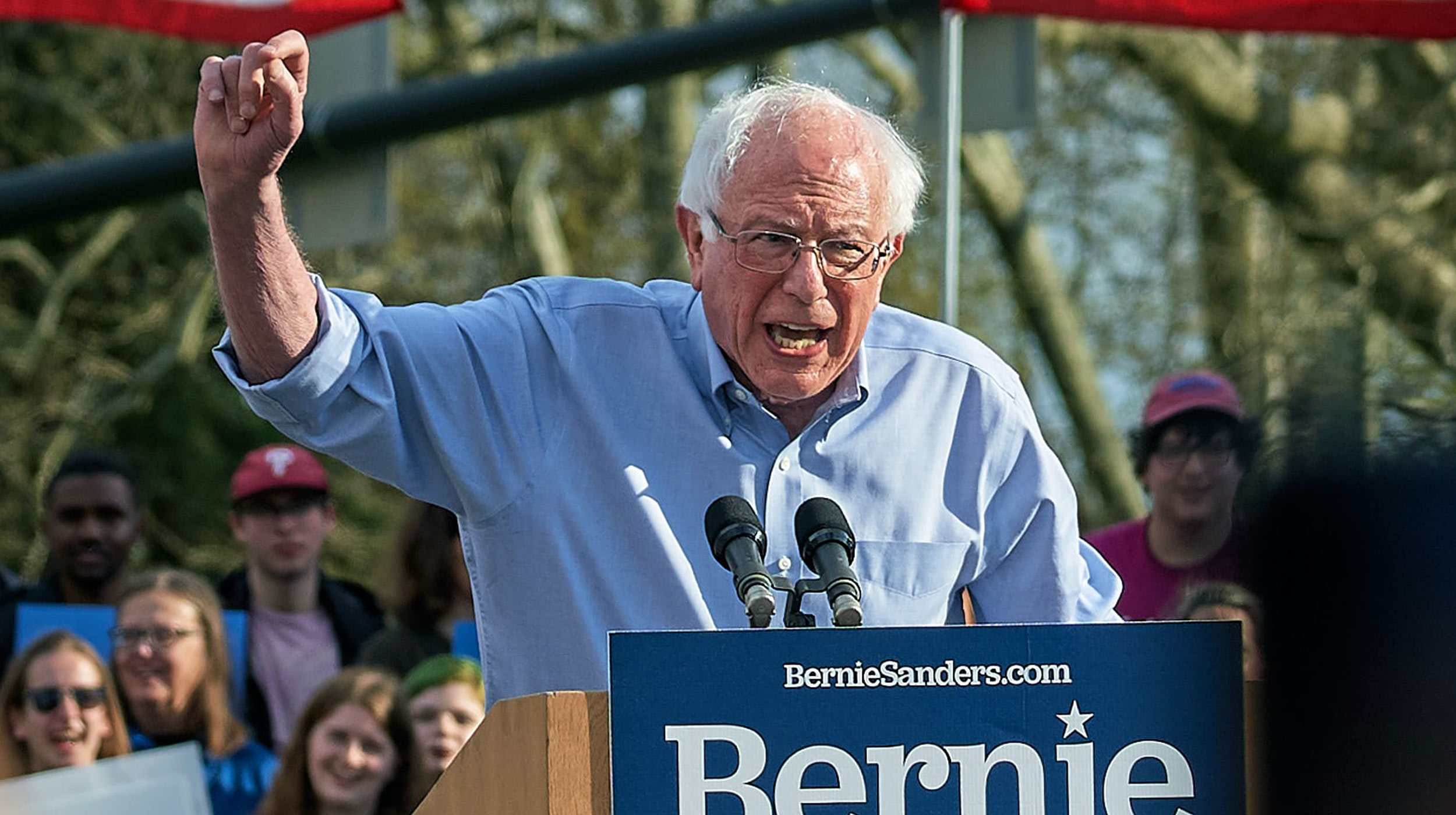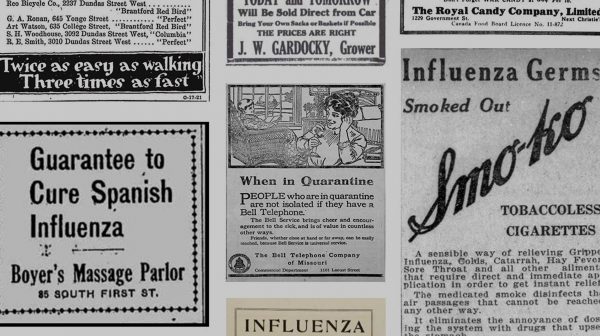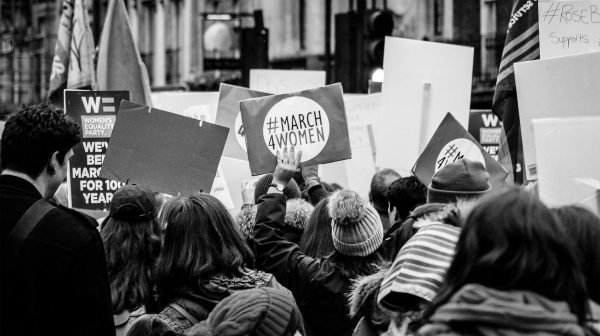In the weeks since the Biden-Harris inauguration, the memesphere has exploded with Photoshopped views of a bemittened Bernie Sanders in a dizzying array of Forest Gump-like settings—in couples therapy with Tony Soprano, cooling his jets in an NHL penalty box, crashing the Last Supper. Whether or not the original unmemed image rises to the level of iconic, along with the sailor-and-nurse embrace on VJ Day and the Karsh portrait of a scowling Winston Churchill, we’ll remember it fondly for a long time.
Jen Ellis certainly will. She’s the second-grade teacher from Essex Junction, Vermont, who knitted Bernie’s mittens, and, not surprisingly, she’s since been swamped with more orders—and more interview requests—than she can fill. Recently, Ms. Ellis partnered with a Vermont company that will market wool socks based on her mitten design and donate the proceeds to a food bank.
We have no way of knowing whether Bernie wore the mittens to give his constituent a boost or for no other reason than to fend off frostbite. But whatever the senator’s agenda, he immediately became an influencer—albeit an accidental one.
At Carpenter Group, we know that brands don’t materialize overnight nor arise in a vacuum. Creating a compelling, enduring brand takes strategy, planning, research and market insight, not to mention the efforts of influencers, both within and outside the company, to promote and reinforce what the brand stands for.
None of this happens by accident. At least not usually.
In 1934, when Clark Gable removed his shirt in the comedy It Happened One Night to reveal that he wasn’t wearing an undershirt, American men reportedly stopped wearing them too and sales plummeted. Merlot consumption similarly tanked—for a while—after Paul Giamatti snarked about the grape in the 2004 movie Sideways. (Conversely, Giamatti’s prose poem about the charms of pinot noir in same movie boosted pinot sales dramatically.) And there is anecdotal evidence that JFK’s use of a rocking chair—to relieve back pain—spurred rocker sales in the early 1960s.
More than one marketing maven has noted that we’re currently living in the Age of the Influencer. But the Age of the Accidental Influencer predates Instagram, Twitter and Facebook by decades. And, like Bernie Sanders, any of us can be one, boosting sales and reinvigorating brands—without ever being aware of it.




